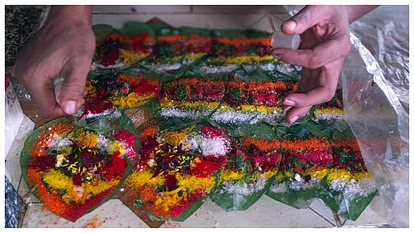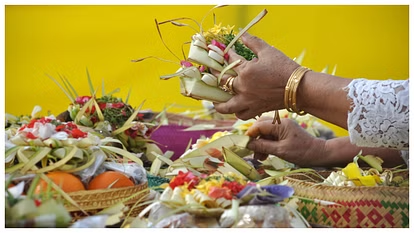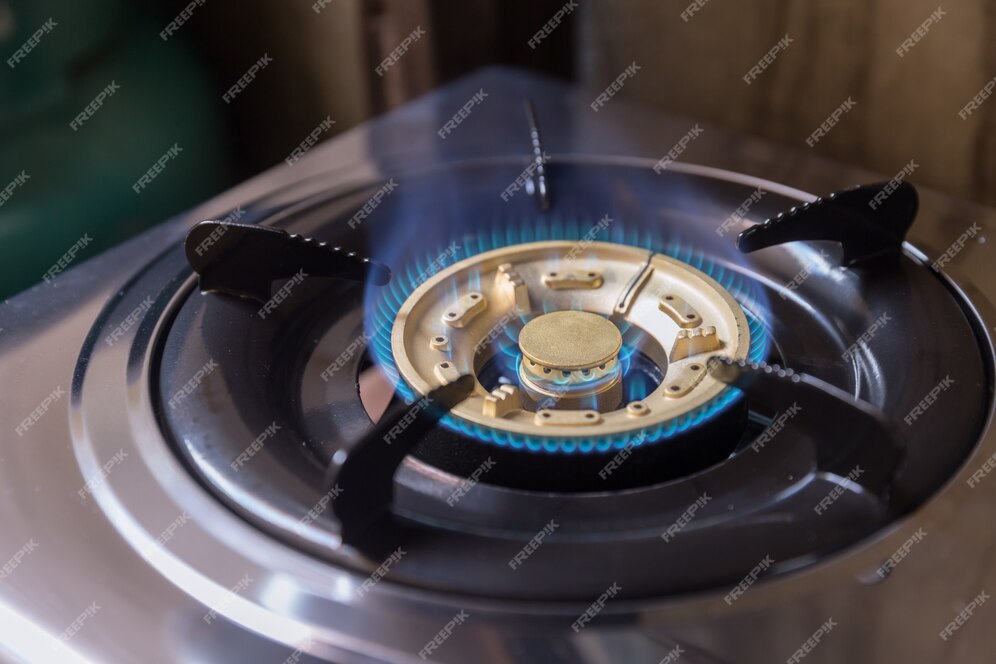If there is no male member in the family, then in such a situation, a woman can also perform Shradh by taking a pledge. The scriptures have given some rules for this. According to Garuda Purana, by performing Shradh on time, no one in the family remains unhappy. By worshiping the ancestors, a man gets to age, son, fame, heaven, fame, nourishment, strength, wealth, animals, happiness, and wealth. In this way, the importance of Pitru Karya has been stated more than Devkarya in various religious texts. This is the reason why there is a rule to perform Pitru Pujan before Dev Pujan.

The word Shradh is made up of Shraddha and Shraddha is the first essential element of Shradh, that is, expressing reverence towards the ancestors is Shradh. But the question is who can perform Shradh-karma for the peace of the soul of the ancestors? It is said in the scriptures that the son should perform the Shradh of the father. If there is more than one son, the eldest son performs the Shraddha. If there is no son, the grandson or great-grandson also has the right to perform the Shraddha. If there is no son, grandson, or great-grandson, the daughter's son can perform the Shraddha. If this is also not available, the nephew can also perform the Shraddha. An adopted son is also entitled to perform the Shraddha.
According to the Smriti Sangrah and Shraddha Kalpalata, Sapinda i.e. a family member up to the seventh generation, Sodak i.e. a family member from the eighth generation to the fourteenth generation are also considered eligible to perform the Shraddha. If no one is found in this sequence, then the Sapinda and Sodak of the mother's clan are also considered eligible to perform the Shraddha.
But in all this, questions often arise about women, are they eligible to perform the Shraddha? Under what circumstances are they eligible to perform the Pind Daan of their ancestors?
In this regard, it is said in the scriptures that if someone does not have a son and the wife is alive, then in such a situation the wife can perform the Shraddha-karma for the peace of the soul of the deceased husband. If there is no one, the daughter can also perform the Shraddha-karma. A widow of the same clan can also perform the Shraddha-karma for the peace of the soul of the ancestors. If there is no one in the father and mother's clan, then the woman also has the right to perform the Shraddha. Minor girls are prohibited from performing Shraddha, but married women are eligible to perform Shraddha. If the husband or son is ill, then the woman can perform the Shraddha-karma by touching his hand. If there is an old woman in the house, then she will have the right to perform the Shraddha before the young woman.

If the widow is childless
According to the Vedic tradition, women can keep yajna, rituals, resolutions, fasts, etc., but cannot perform the ritual of Shraddha themselves. If a widow is childless, she can take a vow to perform Shraddha in the name of her husband and get the rituals of Pinddaan, etc. completed by a Brahmin or a male member of the priest's family. Similarly, if the ancestors have only daughters in their lineage, then they can observe a fast in the name of the ancestors and call a Brahmin like his son-in-law or brother-in-law, grandson, etc. to complete the Shraddha ritual. The disciples or special disciples of saints can perform Shraddha.
(PC: ISTOCK)










